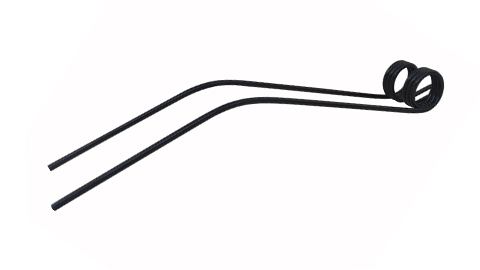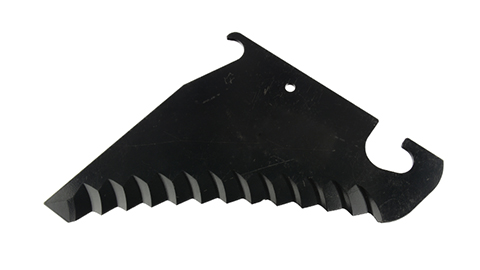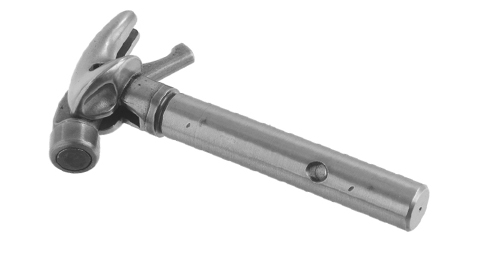How to prepare for the haymaking season

Haymaking is not a simple task and requires a lot of equipment. When getting ready to harvest hay, it’s important to check if everything is in good working condition. Haymaking consists of different steps. In each step, there are some things to take in mind.
Mowing
The haymaking process starts with mowing the grass. Ideally, grass hay is cut just before it sets its seed heads.

Mowers need regular maintenance to keep them running smoothly. Therefore, mowing equipment should be checked before the start of the season. Here are some points of attention:
- Are the blades and blade holder still in good condition or do they need to be replaced?
- Is the belt tension ok?
- Is the oil level of the cutter bar sufficient?
- Check for possible leakages.
- Is the tarp still in good condition?
Tedding

Tedding is the second step in the haymaking process. By using a tedder, the drying process of the mowed hay is much shorter. It is usually done a short while after the hay is mowed on the same day or the day after.
The elements of the tedder should be cleaned and degreased and should have enough slack. Also, the slack of the shaft should be sufficient. And last but not least, the safety rope needs to be in perfect condition.
Raking

Before collecting the hay, it needs to be pulled into windrows. Different types of rakes exist, wheel rakes and rotary are the most common ones.
To avoid downtime, inspect the rake wheels on a regular basis. Make sure to take a look at the tines and lubrication points as well. Inspect the leveling and check the tarp for cracks.
Baling
The final step in haymaking is baling. Balers are essential equipment for harvesting hay. They compress grass into tight bales which makes them easier to transport or to put in storage. There are two types of bales: square bales and round bales.
In order to keep balers in good working condition, there are a few things to pay attention to:
- All parts need to be cleaned after each use.
- Use a brush or air compressor to remove dust and dirt particles from moving parts like belts and chains.
- The chains should be properly lubricated with oil so they don’t rust.
- Are the gears still ok or do they need to be replaced?
- Have the belts not been damaged by dust or dirt particles?
- Does the oil circuit show any leaks?
- Is the hydraulic system still working properly?
- Finally, do the blades and teeth need to be replaced?



Parts in the spotlight
Looking for spare parts for agricultural equipment? Contact us. Our experts are happy to help you choose the best parts for the job.
- Knives for balers / forage harvesters
- Tines rakes / tedder and pickup baler
- Holders and bolts
- Belts (for the mover, as well as flat belts, but also flat belts for balers and closing + tool to adapt belts)
- Grease
- PTO shafts and parts
Buy your haymaking parts online via our online shop
All the parts you need are available online, 24/7, through our online shop. You'll never have to search 'haymaking parts near me' ever again.
- Place orders and make enquiries at your convenience – Any day, any time.
- Find spare parts and accessories for your machine – Search using the equipment make and type using MyPartsFinder, or via technical specifications using MyProductSearch.
- Get all the details – For every product you look up, you immediately see the price, availability, pictures, technical details and expected delivery time.
- Order in just a few clicks – It's as easy as can be.
New to TVH? Welcome! To gain access to our comprehensive range of fluid conveyance parts, simply follow the three steps below:
Complete the application form to ensure we can set up your account.
Customer Service will handle your registration and contact you to inform you about your login credentials.
You will now be able to log in to tvh.agri.com. Find parts, prices, lead time, stock, pictures & technical specifications. Create offers and place orders online.